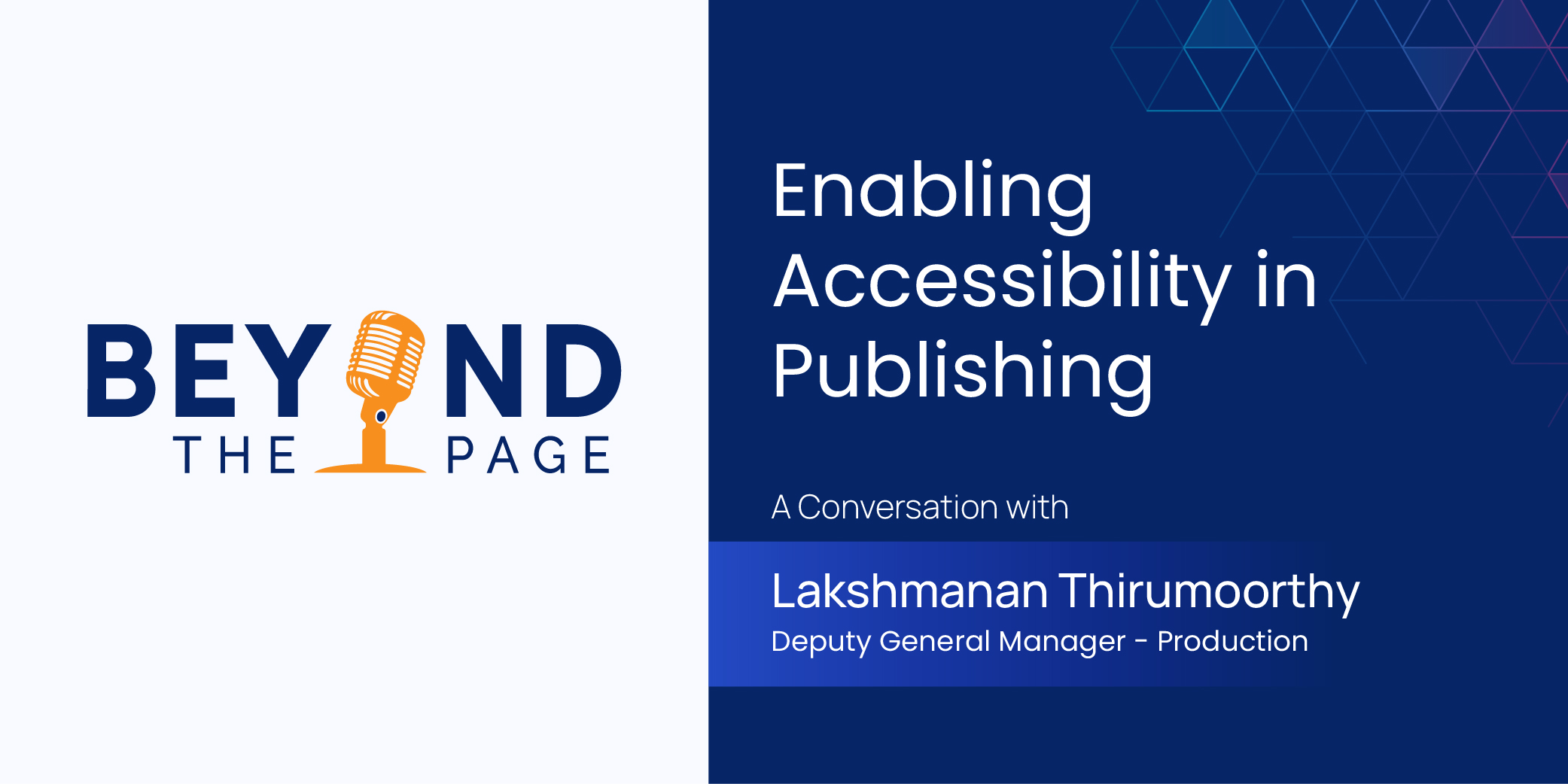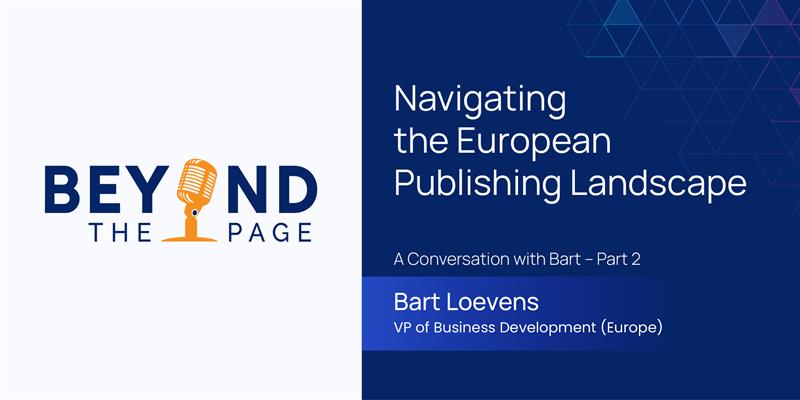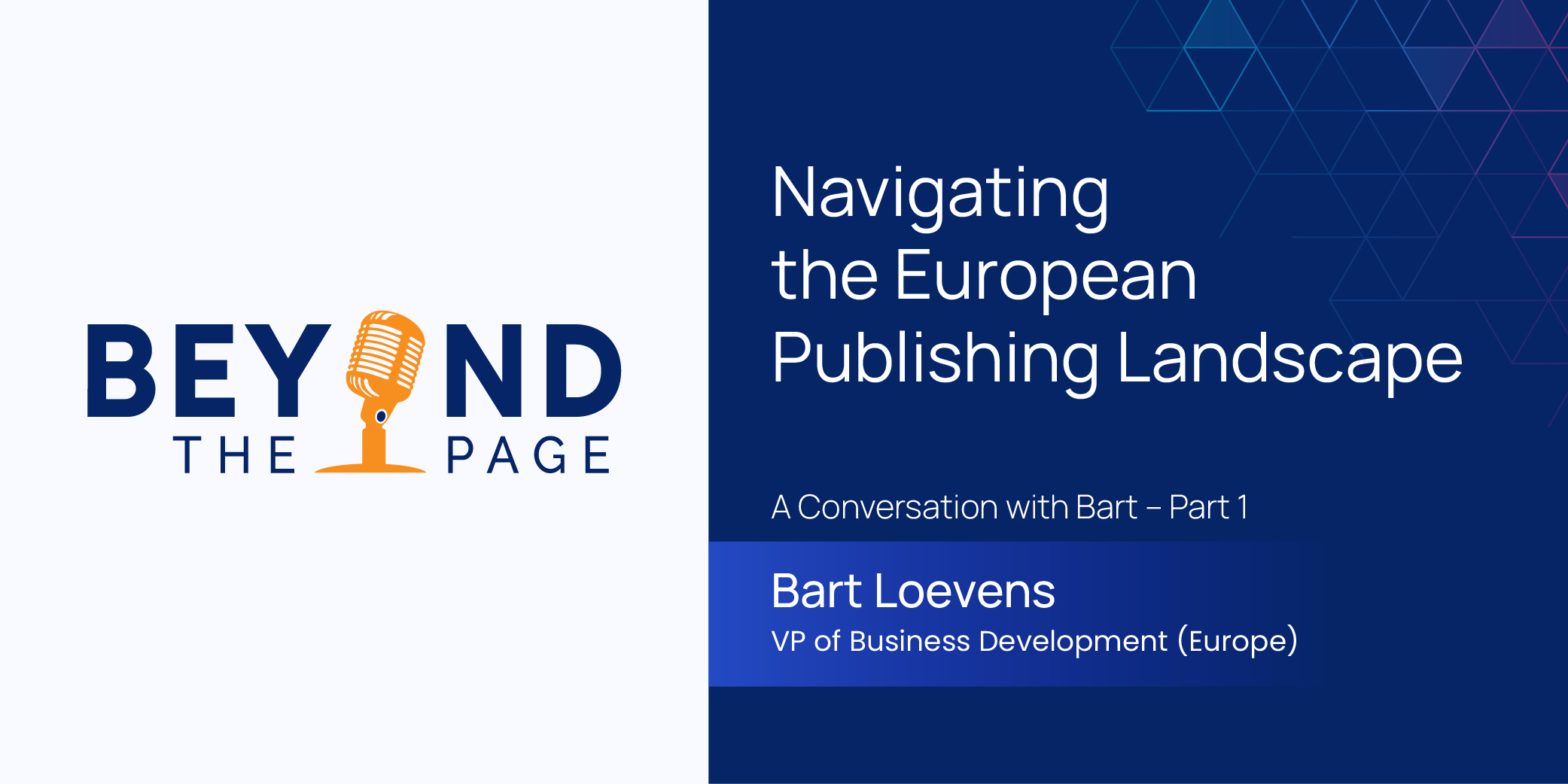Empowering Personalized Learning Paths: The Transformative Role of AI

In today’s knowledge-driven world, traditional “one-size-fits-all” education is proving increasingly inadequate. Students possess diverse learning styles, paces, and strengths. Personalized learning, with its focus on tailoring instruction to individual needs, offers a compelling alternative. It empowers students to take ownership of their learning journeys, fostering deeper engagement and demonstrably improved outcomes.
The concept of personalized learning is not new, but its implementation has become more feasible and impactful with advancements in technology. At its core, personalized learning involves individualized instruction, where teaching strategies, pacing, and content are adjusted based on the learner’s unique abilities, preferences, and progress. This approach recognizes that students learn at different rates and in different ways, making it essential to provide varied educational pathways that cater to diverse learning needs.
Understanding the Importance of Personalized Learning
The benefits of personalized learning are well-documented. A 2021 study found that personalized learning approaches can lead to a 20% improvement in student achievement. Personalized learning fosters deeper understanding by catering to individual learning styles, be it visual, auditory, or kinesthetic. It also allows students to progress at their own pace, preventing boredom for advanced learners and frustration for those who need extra support.
However, effectively personalizing learning at scale presents a significant challenge for educators. This is where Artificial Intelligence (AI) steps in, revolutionizing the very concept of personalized learning.
How AI Revolutionizes the Personalization of Learning Experiences
AI, with its ability to analyze vast amounts of data and identify patterns, offers a powerful toolkit for personalizing learning experiences. Machine learning algorithms can analyze a student’s performance data, learning style preferences, and even emotional cues to create a dynamic learning path.
Key Applications of AI in Personalizing Learning Paths
- AI-powered learning recommendations: AI can suggest learning materials (articles, videos, interactive exercises) that align with a student’s current understanding and interests. This not only fosters engagement but also ensures students are challenged without being overwhelmed.
- Personalized learning analytics: AI can analyze student performance data to identify areas of strength and weakness in real-time. This allows educators to intervene early and provide targeted support, preventing knowledge gaps from widening.
- Adaptive assessment: AI-powered assessments can adjust the difficulty level and format of questions based on a student’s performance. This creates a more accurate picture of a student’s mastery of a subject and reduces the stress associated with traditional high-stakes testing.
- Intelligent content curation: AI can scour vast educational resources to identify content that aligns with a student’s learning objectives and preferred learning style. This saves valuable time for both educators and students, allowing them to focus on deeper learning activities.
- Real-time feedback and intervention: AI-powered tutoring systems can provide immediate feedback on student work, pinpointing areas for improvement and offering personalized guidance. This continuous feedback loop accelerates learning and empowers students to become self-directed learners.
The Impact of AI-Driven Personalization on Student Engagement and Outcomes
The positive impact of AI-driven personalization on student engagement and outcomes is undeniable. Studies suggest that personalized learning experiences lead to:
- Improved learning outcomes: A 2017 meta-analysis found that personalized learning approaches led to a .37 effect size improvement in student achievement.
- Increased student motivation: Personalized learning caters to individual needs and interests, fostering a sense of ownership and control over the learning process. This intrinsic motivation translates into increased engagement and a desire to learn.
- Reduced achievement gaps: By providing targeted support and differentiated instruction, AI can help close the achievement gap between students of different backgrounds and learning abilities.
Overcoming Challenges and Considerations in Implementing AI-Powered Personalized Learning
While AI offers tremendous potential, it’s crucial to address challenges associated with its implementation. Some key considerations include:
- Ethical use of AI in education: Issues like data privacy, bias in algorithms, and the potential for AI to replace teachers need careful consideration. Ethical frameworks must be established to ensure AI is used responsibly and equitably in education.
- Data privacy and security: The vast amount of student data collected by AI systems necessitates robust safeguards to protect student privacy and ensure data security. Transparency in data collection and usage practices is critical.
- Teacher-AI collaboration: AI should not replace teachers, but rather augment their expertise. Teachers play an irreplaceable role in fostering a positive learning environment, providing emotional support, and guiding students’ overall development.
- Scalability of personalized learning: Implementing personalized learning at scale requires robust technological infrastructure and a cultural shift within educational institutions. Professional development opportunities for educators on utilizing AI tools effectively are paramount.
- Technological infrastructure requirements: Leveraging AI necessitates a robust technological infrastructure that supports data collection, storage, and analysis. This might require significant investment for some institutions.
The integration of AI into education marks a pivotal moment in the evolution of learning. By tailoring educational experiences to individual needs, AI has the potential to unlock the full potential of every student. The benefits are clear: improved learning outcomes, heightened student engagement, and a more equitable educational landscape.
However, realizing the full promise of AI-powered personalized learning requires careful planning and implementation. Addressing ethical concerns, investing in robust infrastructure, and fostering collaboration between educators and technologists are essential steps.
The future of education is undoubtedly personalized. As AI technology continues to advance, we can anticipate even more sophisticated and effective learning experiences. By embracing this transformative shift, we empower students to become lifelong learners equipped to thrive in an increasingly complex world.
The road ahead for AI-powered personalized learning is filled with both challenges and opportunities. By navigating these complexities with foresight and ethical considerations, we can create a future where education is truly accessible, engaging, and effective for all.
Integra’s suite of learning products is designed to enhance educational outcomes through personalized and adaptive learning paths. These tools enable educators to deliver customized content, provide real-time feedback, and utilize data-driven insights to improve student engagement and performance.
Embracing AI-powered personalized learning is not just about leveraging the latest technology; it’s about reimagining education to better serve the needs of every learner. With Integra’s cutting-edge learning products, educators can pave the way for a more personalized, inclusive, and impactful learning future, ensuring that all students have the opportunity to achieve their full potential. To learn more about how Integra can transform your educational approach, visit Integra’s Learning Products.
News & Insights

Enabling Accessibility in Scholarly Publishing – A Conversation with Lakshmanan Thirumoorthy

Navigating the European Publishing Landscape – A Conversation with Bart – Part 2

